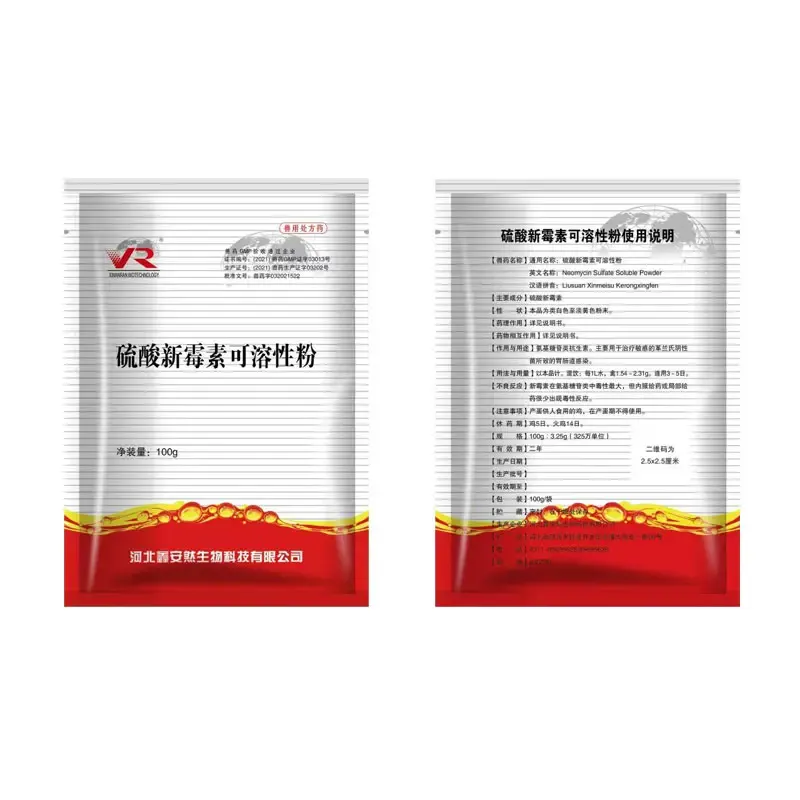- Afrikaans
- Albanian
- Amharic
- Arabic
- Armenian
- Azerbaijani
- Basque
- Belarusian
- Bengali
- Bosnian
- Bulgarian
- Catalan
- Cebuano
- Corsican
- Croatian
- Czech
- Danish
- Dutch
- English
- Esperanto
- Estonian
- Finnish
- French
- Frisian
- Galician
- Georgian
- German
- Greek
- Gujarati
- Haitian Creole
- hausa
- hawaiian
- Hebrew
- Hindi
- Miao
- Hungarian
- Icelandic
- igbo
- Indonesian
- irish
- Italian
- Japanese
- Javanese
- Kannada
- kazakh
- Khmer
- Rwandese
- Korean
- Kurdish
- Kyrgyz
- Lao
- Latin
- Latvian
- Lithuanian
- Luxembourgish
- Macedonian
- Malgashi
- Malay
- Malayalam
- Maltese
- Maori
- Marathi
- Mongolian
- Myanmar
- Nepali
- Norwegian
- Norwegian
- Occitan
- Pashto
- Persian
- Polish
- Portuguese
- Punjabi
- Romanian
- Russian
- Samoan
- Scottish Gaelic
- Serbian
- Sesotho
- Shona
- Sindhi
- Sinhala
- Slovak
- Slovenian
- Somali
- Spanish
- Sundanese
- Swahili
- Swedish
- Tagalog
- Tajik
- Tamil
- Tatar
- Telugu
- Thai
- Turkish
- Turkmen
- Ukrainian
- Urdu
- Uighur
- Uzbek
- Vietnamese
- Welsh
- Bantu
- Yiddish
- Yoruba
- Zulu
ਦਸੰ. . 07, 2024 14:08 Back to list
doxycycline hyclate for dogs kennel cough
Doxycycline Hyclate for Dogs A Solution for Kennel Cough
Kennel cough, scientifically known as canine infectious tracheobronchitis, is a highly contagious respiratory disease affecting dogs, particularly those that are in close quarters such as kennels, dog parks, and grooming facilities. This illness can be caused by a variety of pathogens, including viruses and bacteria. One of the bacteria often involved is Bordetella bronchiseptica, which can lead to severe symptoms in affected dogs. Among the treatments available, doxycycline hyclate has emerged as a commonly prescribed antibiotic for managing bacterial infections associated with kennel cough.
What is Doxycycline Hyclate?
Doxycycline hyclate is a broad-spectrum antibiotic that belongs to the tetracycline class. It is effective against a wide variety of gram-positive and gram-negative bacteria, as well as some protozoa. For dogs, it is especially useful in treating respiratory infections due to its ability to inhibit bacterial protein synthesis, thus preventing the bacteria from growing and multiplying. Doxycycline is favored due to its effectiveness, relatively low side effect profile, and its ability to be administered orally.
Uses of Doxycycline Hyclate in Dogs
When a dog is diagnosed with kennel cough, the veterinarian will often evaluate the severity of the illness and recommend appropriate treatments. Doxycycline hyclate is particularly beneficial in situations where a bacterial infection complicates the kennel cough, especially in cases with a confirmed infection caused by Bordetella. It can help reduce the duration of symptoms and minimize the risk of serious complications.
In addition to kennel cough, doxycycline is also utilized for treating other respiratory infections, Lyme disease, and various skin conditions, making it a versatile medication in veterinary medicine.
Administration and Dosage
doxycycline hyclate for dogs kennel cough

Doxycycline hyclate is typically administered orally, in the form of tablets or liquid suspension. The dosage is determined by the veterinarian, based on the dog’s weight, age, and overall health condition. It is crucial for pet owners to strictly follow the veterinarian's instructions regarding administration and duration of the treatment. Discontinuing the medication prematurely can lead to antibiotic resistance or a return of the infection.
Side Effects and Precautions
While doxycycline is considered safe for most dogs, it can have side effects. Common side effects include gastrointestinal upset, such as nausea, vomiting, or diarrhea. Some dogs may show signs of sensitivity to sunlight, leading to a potential skin rash. It’s important to monitor the dog for any adverse reactions and report them to a veterinarian promptly.
Additionally, doxycycline should not be administered to dogs that are pregnant, nursing, or very young, as it can affect bone development. Always consult a veterinarian before starting any new medication to ensure it is appropriate for your dog’s specific circumstances.
Supportive Care During Treatment
In conjunction with doxycycline therapy, supportive care can play a vital role in recovery from kennel cough. This may include ensuring that the dog remains well-hydrated, providing a comfortable resting environment, and monitoring their symptoms closely. Avoiding exposure to irritants, such as smoke and strong fragrances, can also help ease the dog’s respiratory distress.
Conclusion
Doxycycline hyclate has proven to be an effective treatment option for addressing kennel cough in dogs, particularly when a bacterial infection is present. By following veterinary guidance and providing supportive care, pet owners can help their dogs recover smoothly from this contagious disease. Regular vaccinations and good hygiene practices in communal settings can further reduce the risk of kennel cough transmission, ensuring that our furry companions stay healthy and happy. Always consult with your veterinarian for the best course of action if you suspect your dog might have kennel cough.
-
Guide to Oxytetracycline Injection
NewsMar.27,2025
-
Guide to Colistin Sulphate
NewsMar.27,2025
-
Gentamicin Sulfate: Uses, Price, And Key Information
NewsMar.27,2025
-
Enrofloxacin Injection: Uses, Price, And Supplier Information
NewsMar.27,2025
-
Dexamethasone Sodium Phosphate Injection: Uses, Price, And Key Information
NewsMar.27,2025
-
Albendazole Tablet: Uses, Dosage, Cost, And Key Information
NewsMar.27,2025













